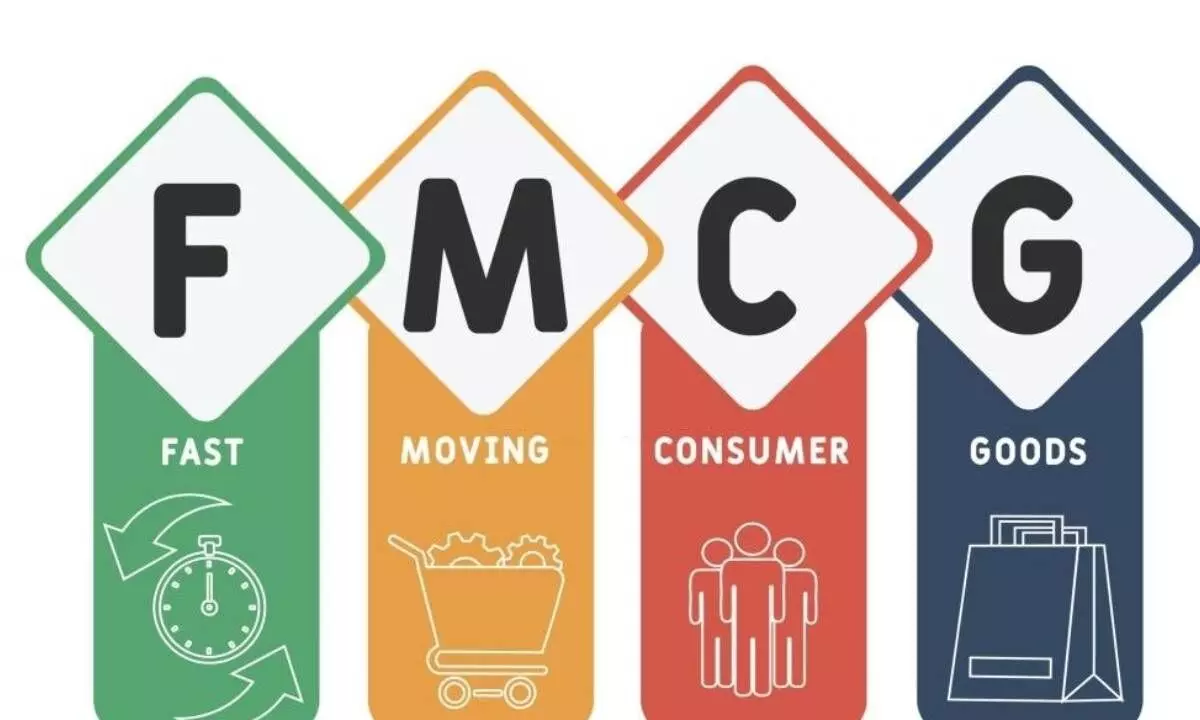FMCG and consumption sectors worth watching as Modi takes charge
With the third term of the Modi government commencing, several economic and policy changes are expected to influence various sectors, particularly the Fast-Moving Consumer Goods (FMCG) and consumption sectors.
image for illustrative purpose

With the third term of the Modi government commencing, several economic and policy changes are expected to influence various sectors, particularly the Fast-Moving Consumer Goods (FMCG) and consumption sectors. Here's a closer look at why these sectors warrant attention and are poised for growth.
1. Anticipated Government Initiatives and Increased Spending
The new coalition government under Modi is likely to adopt a more populist approach compared to its previous terms. This shift is anticipated due to the persistent unrest in rural communities, driven by stagnant income levels and limited job creation which have not met earlier projections. With an eye on improving rural livelihoods, the government is expected to increase spending on beneficiary schemes and direct support to the underprivileged. Such initiatives will likely stimulate rural demand significantly.
2. Impact of Monsoon and Weather Conditions
The agricultural sector, which is a crucial part of the rural economy, has been struggling due to subpar monsoon performance in recent years. Last year, for instance, the country received only 94.4% of the Long Period Average (LPA) rainfall. Additionally, the El Niño phenomenon caused severe heatwaves, impacting crop yields and water reservoir levels. However, for the current year, the Indian Meteorological Department (IMD) forecasts an above-normal southwest monsoon, with expected rainfall of 106% ± 4% of the LPA. The weakening of El Niño and the potential for La Niña conditions, along with a positive Indian Ocean Dipole (IOD), suggest better monsoon conditions which will boost agricultural output and, subsequently, rural incomes .
3. Recovery in Rural Demand
The rural economy has faced significant challenges since the onset of the COVID-19 pandemic, with disruptions in income, high inflation, and reduced agricultural activities leading to weak demand. However, there are signs of recovery in FY25 due to anticipated improvements in monsoon activities and a shift in government policy towards rural populism . Enhanced agricultural output will improve cash flows within the rural economy, stabilizing food prices and increasing farmers' incomes. This recovery in rural demand is likely to bolster consumption of FMCG products and consumer durables .
4. Potential Risks from Weather Variability
Despite the optimistic monsoon forecast, there remains a risk of excessive rainfall leading to floods in certain areas, which could negatively impact standing crops and overall agricultural yields. The spatial distribution of rainfall during the monsoon season is crucial for agricultural outcomes, and any anomalies could affect farm incomes and food prices, potentially disrupting the economic stability of rural regions .
5. Sector Performance and Market Opportunities
Over the past year, sectors like FMCG, consumer durables, cattle, and fertilizers have underperformed relative to main market indices. This underperformance is largely due to weak rural demand stemming from unfavorable weather conditions and low agricultural income . However, the anticipated increase in rural demand and government initiatives are expected to reverse this trend. Companies in the FMCG sector are already implementing strategies to boost sales volumes and capture the recovering rural market.
With the Modi government set to implement policies that favor the rural economy and expected improvements in monsoon activity, the FMCG and consumption sectors are poised for growth. Investors should keep a close eye on these sectors as they may offer promising opportunities in the near future. Nevertheless, it is crucial to consider potential weather-related risks and to remain vigilant about market conditions that could impact these sectors.
Disclaimer: It is recommended that investors consult certified experts before making any investment decisions, as market conditions can change rapidly and individual circumstances may vary.

